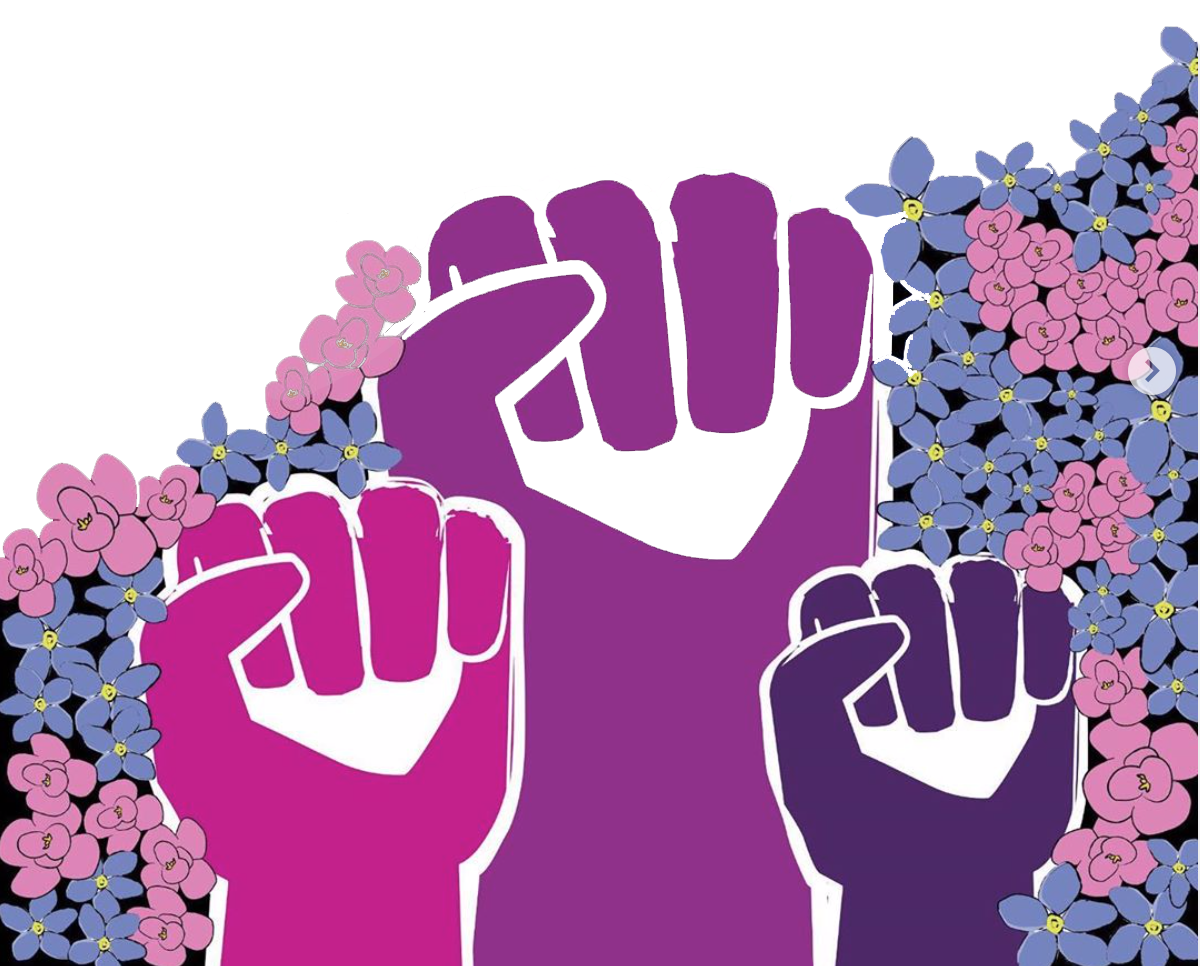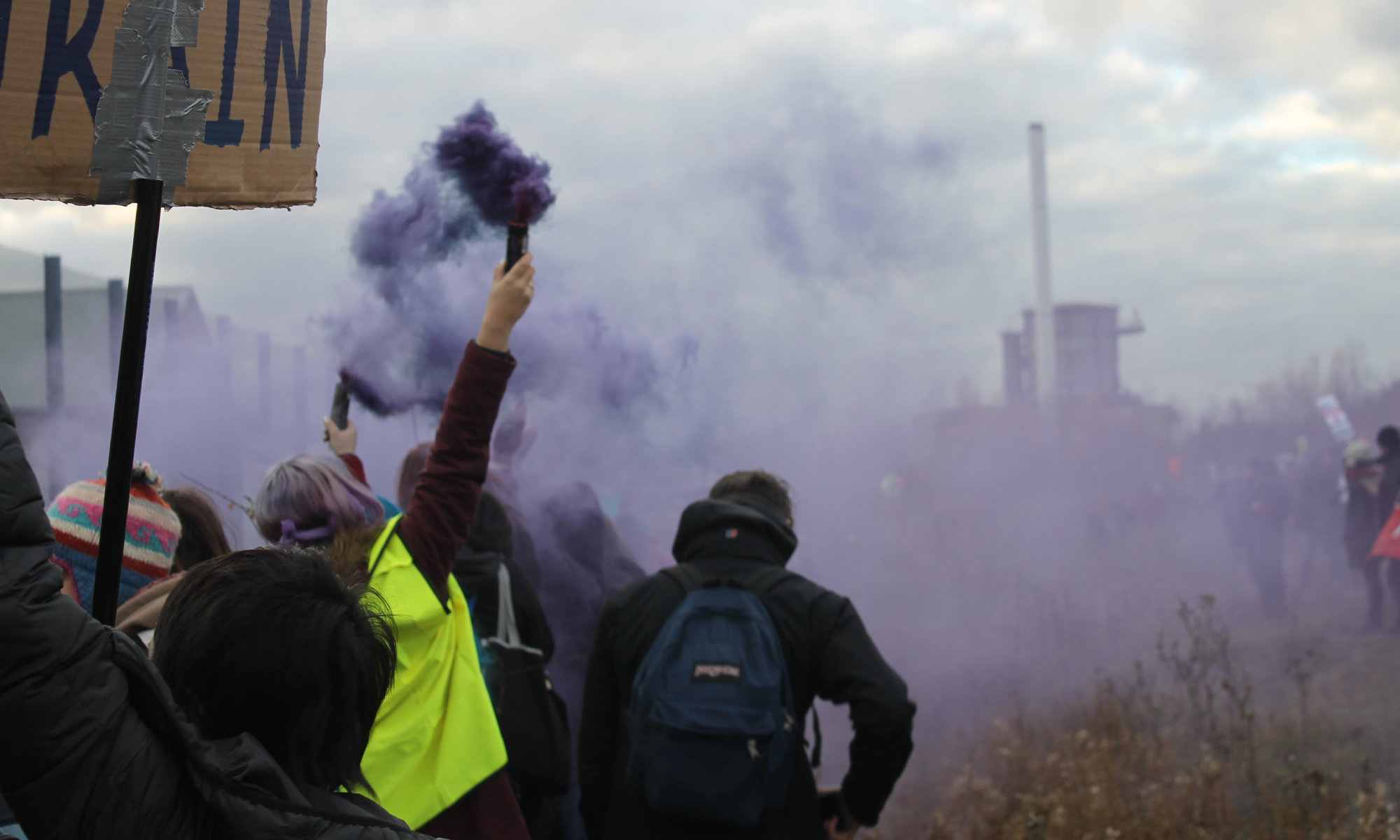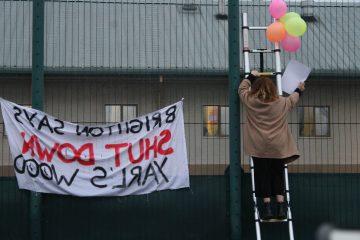BBC Panorama documents systemic violence of Immigration Detention

I just watched a harrowing episode of BBC Panorama that showed undercover footage from inside Brook House immigration detention centre, filmed by whistle-blower and reporter Callum Tulley. For those of us who have worked with people in detention even for a little while, the stories were both familiar and shocking.
The documentary did a number of things very well. At first, I was a little sceptical of the biographical focus of the documentary following the life of Tulley, an ordinary British ‘lad’ who got his first job, aged 18, as a detention centre officer. But it soon becomes clear that he’s giving an audience a lens through which to experience the mystifying and alien world of detention. It helped me understand the effects of detention on the guards without ever making us sympathise with the abuse that goes on at their hands. It also put front and centre the toxic masculinity that saturates the culture amongst the detention centre staff.
It captures footage of serious physical and psychological abuse on camera and successfully captures how common place it is. In contrast to the way G4S have tried to present the abuse as isolated incidents committed by particular individuals, the documentary presents abuse as systemic rather than down to a few individuals. It resonates with the feeling, I think widely held within the community of anti-detention organisations and activists, of outrage that such violence has been allowed to exist for so long in plain sight.
It makes us question how this has been allowed to continue. It reminds us of how the allegations of violence made particularly by people of colour against the police have been ignored for so long. It is all the more astounding given the number of recorded allegations of interpersonal and sexual violence committed in Detention Centres but also the mundane abuses – people working for slave wages, the constant verbal assault, the feelings powerlessness and confusion – that constitute the reality of detention. This reality is readily available by listening to people in detention through projects such as Detained Voices, Freed Voices and Detention Unlocked. Previous undercover footage, parliamentary reports, independent inquiries have all been pushed into the long grass.
However, there are also a number of reservations I have about the documentary. A big part of Callum’s experience seems to be about how wrong it is for people with criminal convictions to be incarcerated alongside other immigration and asylum applicants. The documentary reinforces a strong binary between Foreign National Offenders – who are presented as violent and dangerous – and others people in the immigration system – who are by contrast vulnerable and innocent.
The distinction perpetuates the binary logic of immigration control that enables the legitimate social exclusion of some people as well as the precarious inclusion of others. It allows a society to ignore violence perpetrated against those we deem to be guilty, illegitimate and unworthy of safety. But any contact with Foreign National Offenders will reveal people with complex histories and needs, people who have been damaged (not hardened) by the prison system, people who are facing removal to countries they have never known.
The narrative that migrant communities are particularly dangerous is also part of a well-tread racist mythology that casts people as undeserving of safety. The focus on the drug spice which is common in detention, again, seemed to be associated with the kind of people you find in detention rather than understood within the context of the institution itself.
We need to challenge these easy distinctions between who belongs and who does not and work towards a world where no one is expendable, deportable or detainable on the basis of their race or nationality. To be a part of this project there are practical things that can be done now. Please continue to speak out against detention and deportation and advocate for systemic change – time limits, judicial oversight, ending charter flights and much more. Attend Wednesdays’ protest at the Home Office calling for detention to be abolished. Listen to and amplify the voices of people speaking out from inside detention.
Please also consider supporting SDS to continue its work supporting people in detention by donating to its crowdfunder.
Written by Tom Kemp


0 Comments